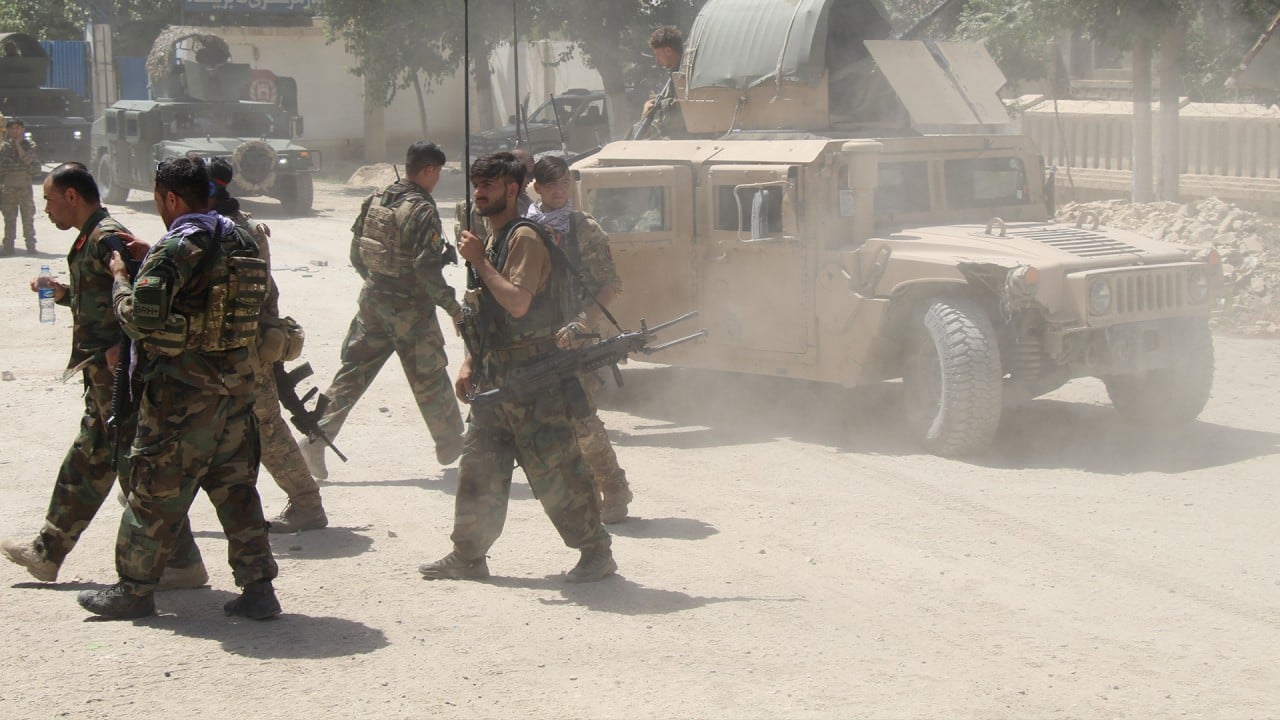
Why China cannot afford to take a passive role in post-US Afghanistan
- There appears to be little evidence supporting Taliban assurances that trouble will not spill over onto Chinese soil
- China has spent many years hedging on Afghanistan but it needs to take steps to support the government in Kabul and visibly deploy more resources
China appears remarkably sanguine about the growing trouble in Afghanistan. The assumption that a government led or dominated by the Taliban will be a reliable partner is something Beijing has regretted in the past, and could end up ruing again.
There is no denying the effort, but it would be better if China actually followed through on all its promises with action. Instead, Beijing seems willing to let fate take its course and watch the Taliban come to power.
Yet, what evidence is there that such assurances have worked in the past? Previously, in 2000, a Chinese delegation visiting Afghanistan, then under Taliban rule, and discovered a large contingent of Uygurs in Jalalabad. They were said to be linked to separatists seeking to strike inside China.
While the delegation appealed to the Taliban authorities to expel them, there is no clear evidence that this happened. Those particular groups may have been moved, but repeated independent reports from other foreign fighters who attended al-Qaeda camps in Afghanistan later on highlighted the presence of Uygurs.
This might seem unsurprising, but it is an about-turn for al-Qaeda. In the late 1990s, it refused to even accept there were Uygur militants at its training camps and openly speculated that China might be an ally in its global struggle against the United States.
While the US might be willing to accept Taliban assurances about ensuring violence does not reach American soil or that of its allies, the US intelligence community has also concluded al-Qaeda is no longer a direct threat. Afghanistan is far away, in any case, but China is next door and has a very different stake in this game.
To simply point to American failings and apportion blame fits a tidy narrative. However, by not offering an alternative, China is failing in its duty as a rising power and also doing little to address its security issues.
China has shown an interest in playing a role but never really stepped into it. Milquetoast promises are not going to suffice at this point. China should take on a more proactive role in supporting the government in Kabul and visibly deploy more resources to help out.
China has spent many years hedging on Afghanistan. The time has come to make a play and ensure the long-term stability of one of its most troubled neighbours.
Raffaello Pantucci is senior associate fellow at the Royal United Services Institute (RUSI) in London




